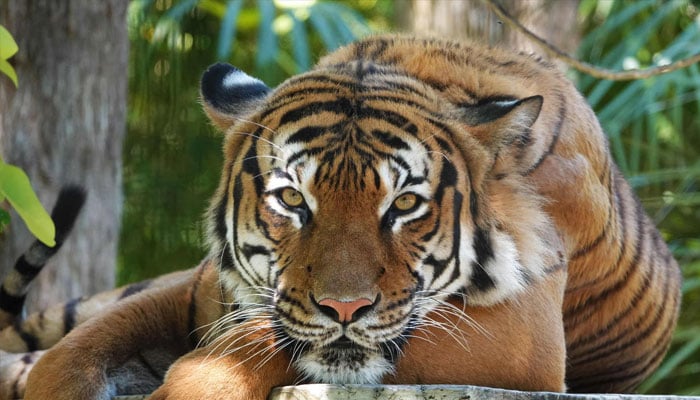Contrary to popular belief, tigers, cheetahs, and other exotic felines can discriminate between known and unfamiliar human voices, according to a new study, as reported by The Guardian.
This capacity, previously discovered in domesticated cats, calls into question the myth that these gorgeous creatures are socially incompetent.
The study, led by Professor Jennifer Vonk of Oakland University in Michigan, focused on captive big cats such as lions, clouded leopards, snow leopards, and servals. The study featured 24 cats from ten different species, and it looked at how they responded to audio recordings of both known and new human voices.
In the experiments, each cat was exposed to recordings of three new persons, followed by a familiar voice, such as that of its keeper.
The findings revealed that, regardless of gender or upbringing style (hand-reared or mother-reared), cats responded more quickly, intensively, and for a longer period of time to known human voices than to new ones.
The study questions the idea that sociality is only associated with group living and emphasizes the need of recognizing individual voices. While the study was conducted in captivity, Prof Vonk predicts that comparable effects could be observed in wild cats who are regularly exposed to human voices.
Despite its drawbacks, such as a limited sample size and captive conditions, the study suggests that big cats, even in non-domestic contexts, are not as aloof and disinterested as widely assumed.






